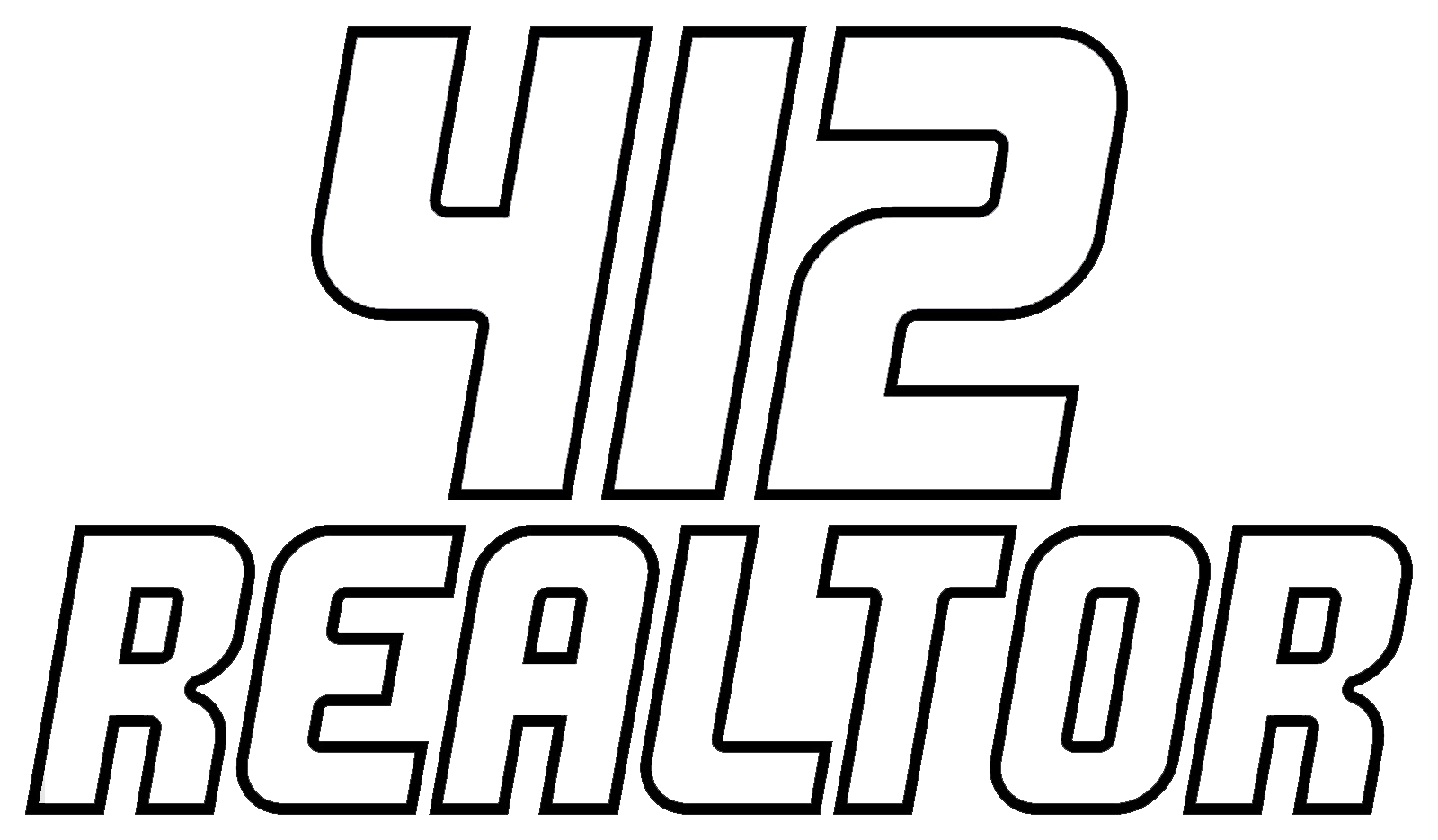When you’re ready to sell your home, choosing the right type of listing agreement is just as important as choosing the right real estate agent. Two of the most common listing agreement types are the Exclusive Right to Sell and the Open Listing Agreement. Understanding the difference between them can help you make a confident, informed decision and avoid surprises during your selling process.
What Is an Exclusive Right to Sell Agreement?
An Exclusive Right to Sell agreement is the most common listing arrangement used in real estate. When you sign this contract, you’re giving one real estate agent (and their brokerage) the exclusive rights to represent and sell your property.
Key Features:
The agent earns a commission regardless of who finds the buyer—whether it’s the agent, another agent, or even you.
Typically includes a specific time frame (e.g., 3-6 months).
Offers maximum motivation for agents to market your home aggressively.
Pros:
1. Full service: Agents are more invested and offer marketing, staging advice, photography, and open houses.
2. Better exposure: Your listing is usually posted on the MLS and syndicated to many sites.
3. Stronger agent accountability: Since they’re guaranteed compensation if the property sells, they’re committed to getting the deal done.
Cons:
1. Less flexibility: You can’t sell the home yourself without paying commission.
2. You’re locked in for the duration of the agreement, even if you become unhappy with the agent (though some contracts include cancellation clauses).
What Is an Open Listing Agreement?
An Open Listing is a non-exclusive agreement. It allows you to work with multiple agents—or sell the home yourself—and only pay commission to the agent who brings the buyer.
Key Features:
- No commitment to a single agent or brokerage.
- You only pay if an agent is the procuring cause of the sale.
Pros:
1. Greater flexibility: You’re not locked into one agent.
2. No commission owed if you find the buyer yourself.
Cons:
1. Agents may not prioritize your listing since there’s no guarantee of a commission.
2. Limited exposure: Open listings usually don’t make it to the MLS.
3. You might end up managing much of the selling process on your own.
Which One Should You Choose?
Go with an Exclusive Right to Sell if you want full representation, a strong marketing push, and expert guidance throughout the process.
Consider an Open Listing if you’re experienced in selling property, have a potential buyer already, or want to keep your options open.
At the end of the day, it depends on your goals, your confidence in selling solo, and the current market conditions.
Final Thoughts
Choosing the right listing agreement can impact how quickly your home sells—and how much stress you encounter along the way. If you’re unsure which path is right for you, consult with a trusted real estate professional who can explain the pros and cons based on your specific situation.
Thinking about selling your home? Let’s talk about your goals and find the best strategy to get your property sold.




